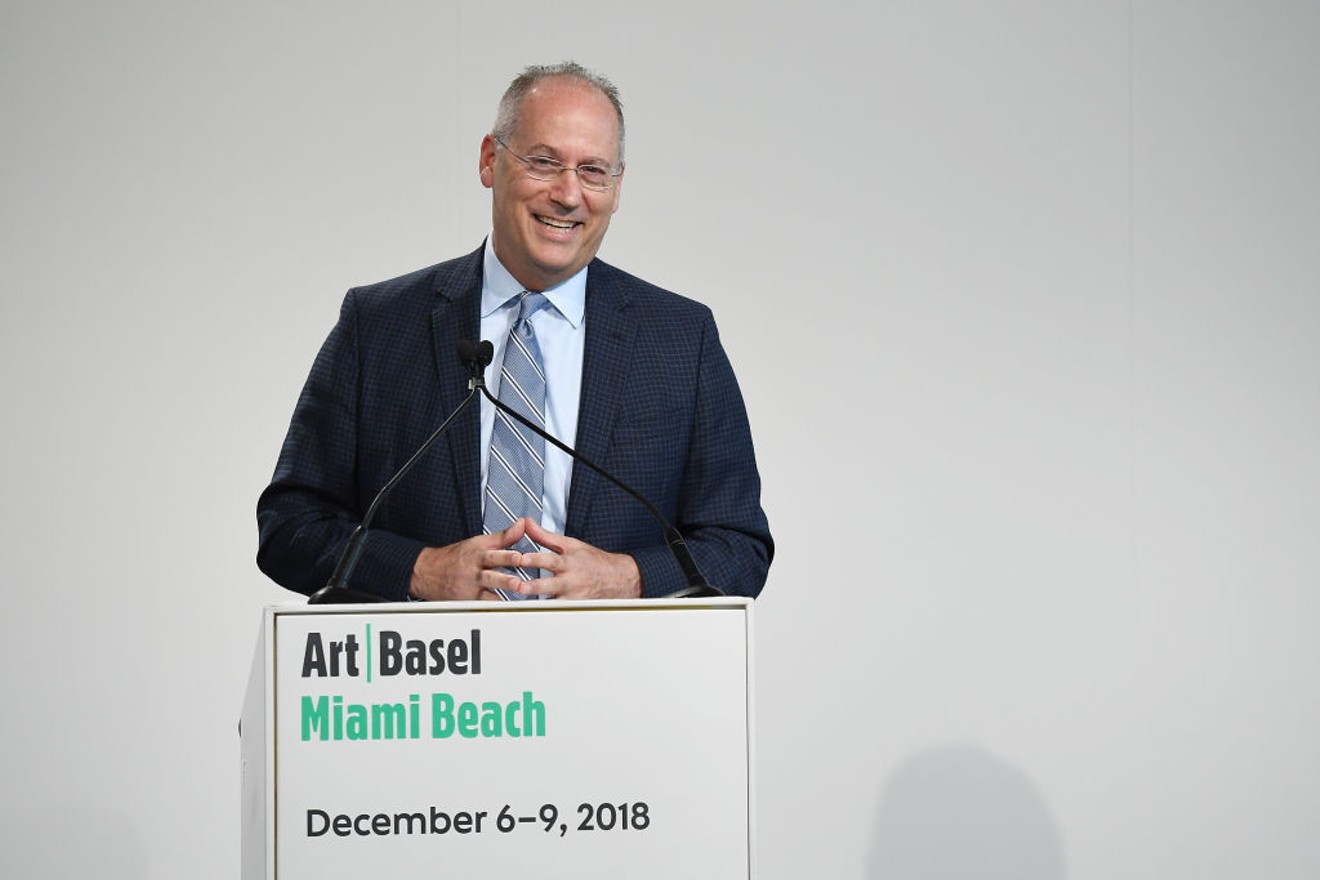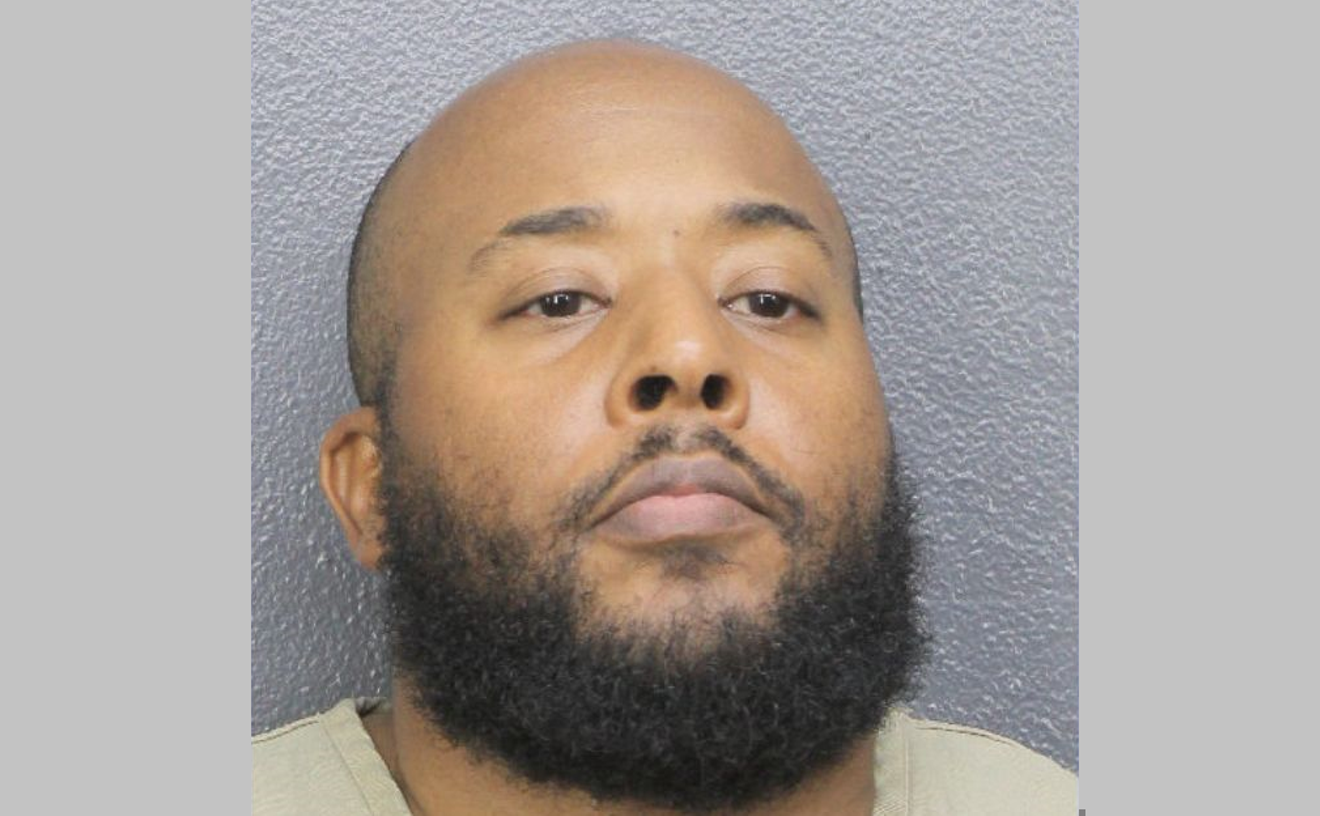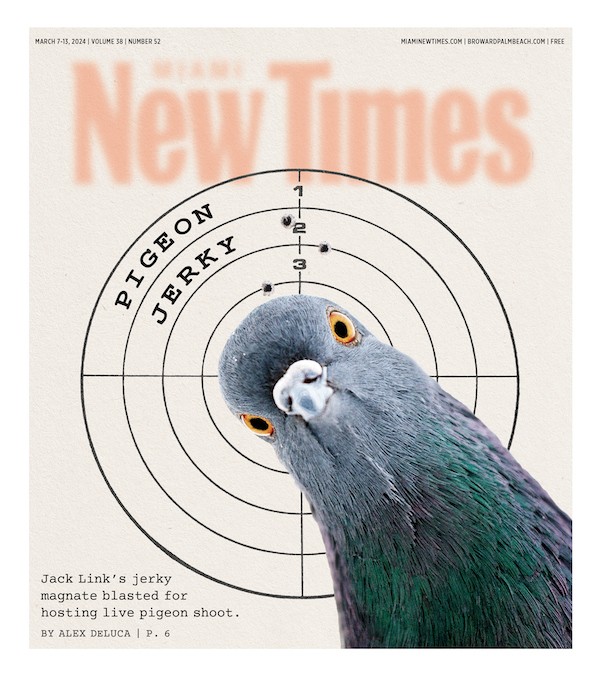Update published November 10: The Miami-Dade Commission on Ethics and Public Trust released its findings regarding two complaints filed against Miami Beach Mayor Dan Gelber and concluded they were not legally sufficient and would be dismissed.
As the ethics commission determined today, the complaint did not, indeed, hold water. One complaint was filed by Gelber's campaign rival, Ronnie Eith, and a second — which was identical to the first, according to the ethics commission — was filed by Miami Beach resident Judith Berson.
The findings were published in a report from the ethics commission that was sent out in a press release late Wednesday afternoon.
"Upon a review of the complaint, exhibits and the audio of the entire subject meeting, it is clear that there is no conversation, suggestion, pleading or solicitation by anyone in attendance for any campaign contribution to any candidate or to any existing PAC affiliated with any candidate for city-elected office," the ethics commission's report reads.
A formal complaint accusing Miami Beach Mayor Dan Gelber of violating city campaign-finance laws is now before the Miami-Dade Commission on Ethics and Public Trust.
The complaint, obtained by New Times, was filed Wednesday by Ronnie Eith, a former bank executive running to unseat Gelber in the November 2 municipal election. Now, ethics commission officials will review the 13-page complaint and determine if there is probable cause to further investigate the allegations. All proceedings are confidential.
Eith’s complaint stems from the release of audio from a private September 13 Zoom meeting in which former mayor Philip Levine urges attendees to donate to a political action committee (PAC) that would support future developer-friendly city commission candidates.
Gelber can then be heard telling attendees on the recording: "I'm prepared to do whatever we need to do and support any idea even if it's not particularly popular. I will push to put it on the ballot or you can put it on the ballot...you know, forcefully without commission approval."
The complaint now before the ethics commission reads in part:
"Mayor Gelber's attendance at this Zoom meeting filled with Miami Beach real estate developers should be investigated to determine if the Miami Beach City Code was violated, and if any additional ethics violations occurred."
Technically speaking, the city's election code bars donations from real estate developers.
"Candidates for the offices of Miami Beach Mayor or City Commissioner, as well as their campaign committees, may not directly or indirectly solicit, accept, or deposit into such candidate's campaign account any campaign contribution from a vendor, real estate developer, and/or their lobbyists," the rule reads.
But there is a canyon-size loophole in that language that makes the rule relatively easy to exploit because it is not a wholesale ban on developers donating to campaigns and political causes.
Miami Beach city ordinance defines “developer” as those who have a "present or pending" application for a development agreement with the city. So long as a developer isn't in the midst of a development agreement (pending or otherwise), they can legally donate $1,000 — the same amount as any other individual or entity.
New Times supplied the City of Miami Beach with a list of 12 known developers who were on the Zoom call, in order to determine whether the city has any active or pending developer agreements with any of them.
There appeared to be no conflicts.
"Procurement had no responsive records," Miami Beach communications director Melissa Berthier responded, "and our Planning Department only had an application pending the Historic Preservation Board for Starwood, but it’s only signage for an office building."
Juan-Carlos Planas, a Miami-based elections law attorney and former representative in the Florida legislature, says he sees no path forward for the complaint and expects that it will be dismissed.
The allegations presented in the complaint, Planas says, do not appear to violate the election code or city ordinance.
"[In the audio], Gelber's not like, 'Oh, give me campaign contributions!'" Planas notes. "That being said, nobody's doing anything that violates Miami Beach law."
Planas explains that in order to warrant an ethics violation, "Dan Gelber [would need to be] saying, 'Give me campaign contributions if you want your contracts to go forward.'"
Gelber’s campaign spokesman Christian Ulvert provided New Times with a statement from Gelber.
"It was filed by somebody running against me," Gelber says of the complaint. "It is a desperate campaign stunt and it will be summarily dismissed as worth less than the paper it’s printed on."
Eith, meanwhile, is demanding further investigation.
"An honorable man would have apologized and stepped down," he tells New Times in an email. "He violated the City of Miami Beach law, and must be held accountable."
Ulvert says the complaint was politically motivated and stems from an effort to stymie a nonbinding referendum on the November 2 ballot that asks voters whether they support a proposal favored by Gelber and Levine to cut off alcohol sales at 2 a.m.
Levine, who says he convened the September 13 Zoom meeting, insisted that most of the attendees were “concerned residents” who want to transform the rowdy party atmosphere of Ocean Drive in the city’s entertainment district into an art deco cultural hub.
But New Times obtained a list of those who signed on for the call and found that the majority were prominent developers and wealthy executives, many of whom live in other areas of South Florida, and as far away as New York City and Los Angeles.
Election
Will Ethics Complaint About Mayor Courting Developers Hold Water?
Miami Beach city election code bars donations from real estate developers — but only those with an active or pending development agreement.

A formal ethics complaint against Miami Beach mayor Dan Gelber has been filed.
Photo by Nicholas Hunt/Getty Images
[
{
"name": "Editor Picks",
"component": "17482312",
"insertPoint": "4",
"requiredCountToDisplay": "1"
},{
"name": "Inline Links",
"component": "18711090",
"insertPoint": "8th",
"startingPoint": 8,
"requiredCountToDisplay": "7",
"maxInsertions": 25
},{
"name": "Air - MediumRectangle - Combo - Inline Content",
"component": "17482310",
"insertPoint": "8th",
"startingPoint": 8,
"requiredCountToDisplay": "7",
"maxInsertions": 25
},{
"name": "Inline Links",
"component": "18711090",
"insertPoint": "8th",
"startingPoint": 12,
"requiredCountToDisplay": "11",
"maxInsertions": 25
},{
"name": "Air - Leaderboard Tower - Combo - Inline Content",
"component": "17482313",
"insertPoint": "8th",
"startingPoint": 12,
"requiredCountToDisplay": "11",
"maxInsertions": 25
}
]








